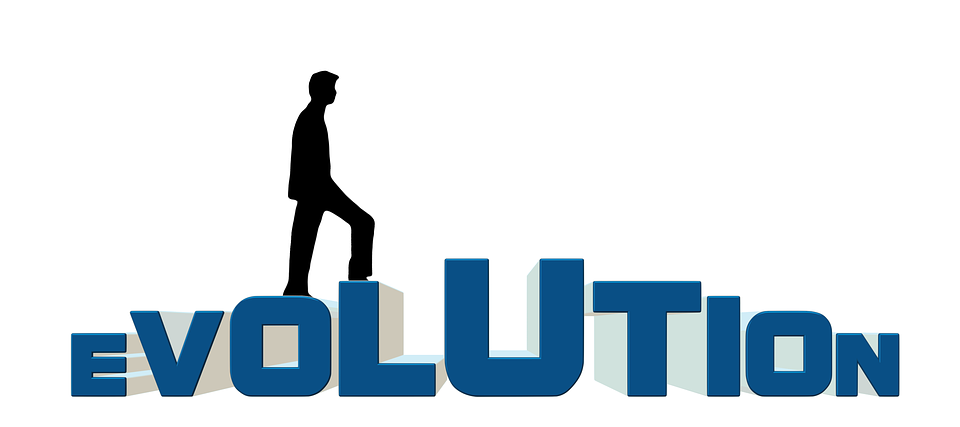Evolutionary design process model EDPM

|
Contents |
[edit] Introduction
Design is the realisation of an idea, or the resolution of requirements, through means of communication such as drawings, plans, specifications and models. These can then be used to enable items to be created or issues resolved.
Design can be understood as the projection of what is proposed before it is produced. The process of developing alternative solutions for what is proposed helps facilitate decision making.
[edit] Design through evolution
The evaluation of different design solutions involves sense testing, modifying and redesigning. This is an iterative processes that helps define constraints and requirements inherent in a particular design problem. This method of evaluation is sometimes referred to as the evolutionary design process model (EDPM).
Often used in software engineering, EDPM breaks the design process down into incremental stages and then builds on those stages. A series of small modifications or adaptations results in the generation of the next stage of the process.
The small modifications associated with EDPM can either transform the process or they can build on the original concept. In either instance, alternative design options adjust to changing circumstances. As a continuous or cyclical process, EDPM is thought to produce natural, iterative results based on an in-depth understanding of the design process and desired outcome.
[edit] Emerging designs
EDPM is based on the idea that designers can break down a design approach to develop multiple iterations of a concept. It is believed that this iterative approach feeds into the progression of the emerging design process by exploring - or exposing - possible problems that arise along the way. It also incorporates client changes throughout the process.
Information about the identification, analysis and resolution of any problem (or potential problem) serves as a form of feedback for the design team. It is added to the model, which is modified until a final, fully resolved design is produced.
[edit] Related articles on Designing Buildings Wiki
- Building design process.
- Case-based reasoning CBR.
- Chaos theory.
- Design process essentials.
- Double diamond design process.
- General design theory GDT.
- Value management techniques for building design and construction.
[edit] External resources
- Andres Gomez de Silva Garza and Mary Lou Maher, A process model for evolutionary design case adaptation.
- David C. Wynn and P. John Clarkson, Process models in design and development.
Featured articles and news
UKCW London to tackle sector’s most pressing issues
AI and skills development, ecology and the environment, policy and planning and more.
Managing building safety risks
Across an existing residential portfolio; a client's perspective.
ECA support for Gate Safe’s Safe School Gates Campaign.
Core construction skills explained
Preparing for a career in construction.
Retrofitting for resilience with the Leicester Resilience Hub
Community-serving facilities, enhanced as support and essential services for climate-related disruptions.
Some of the articles relating to water, here to browse. Any missing?
Recognisable Gothic characters, designed to dramatically spout water away from buildings.
A case study and a warning to would-be developers
Creating four dwellings... after half a century of doing this job, why, oh why, is it so difficult?
Reform of the fire engineering profession
Fire Engineers Advisory Panel: Authoritative Statement, reactions and next steps.
Restoration and renewal of the Palace of Westminster
A complex project of cultural significance from full decant to EMI, opportunities and a potential a way forward.
Apprenticeships and the responsibility we share
Perspectives from the CIOB President as National Apprentice Week comes to a close.
The first line of defence against rain, wind and snow.
Building Safety recap January, 2026
What we missed at the end of last year, and at the start of this...
National Apprenticeship Week 2026, 9-15 Feb
Shining a light on the positive impacts for businesses, their apprentices and the wider economy alike.
Applications and benefits of acoustic flooring
From commercial to retail.
From solid to sprung and ribbed to raised.
Strengthening industry collaboration in Hong Kong
Hong Kong Institute of Construction and The Chartered Institute of Building sign Memorandum of Understanding.
A detailed description from the experts at Cornish Lime.























